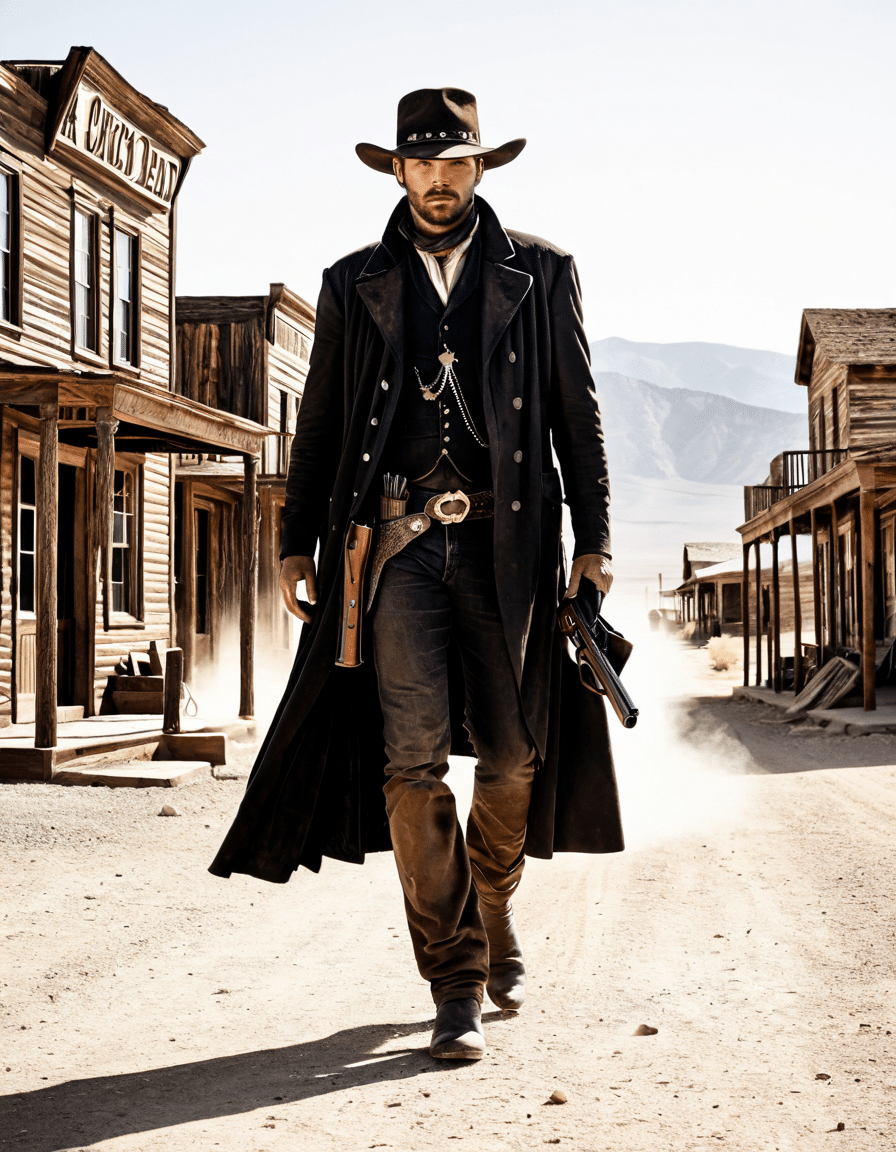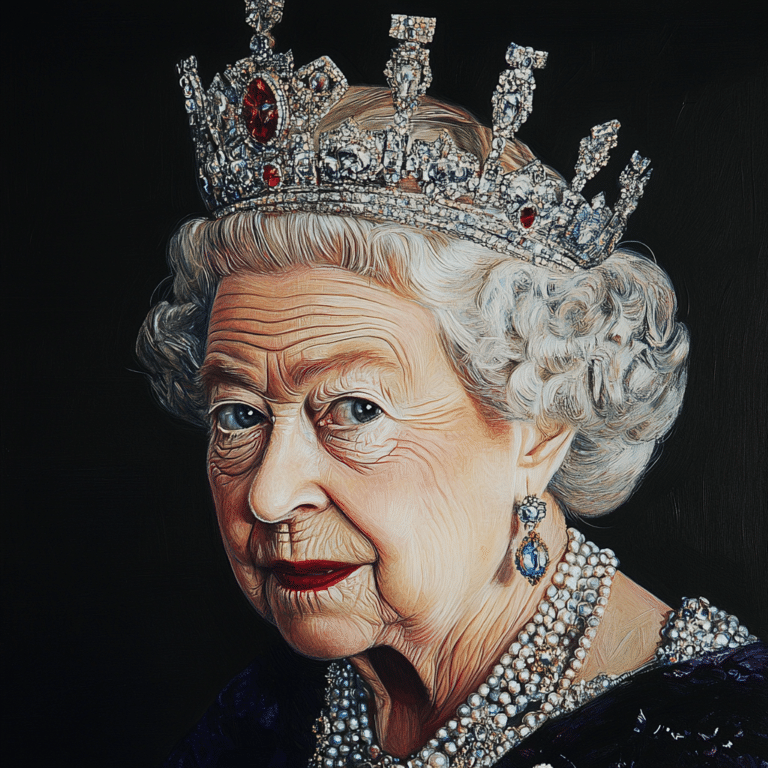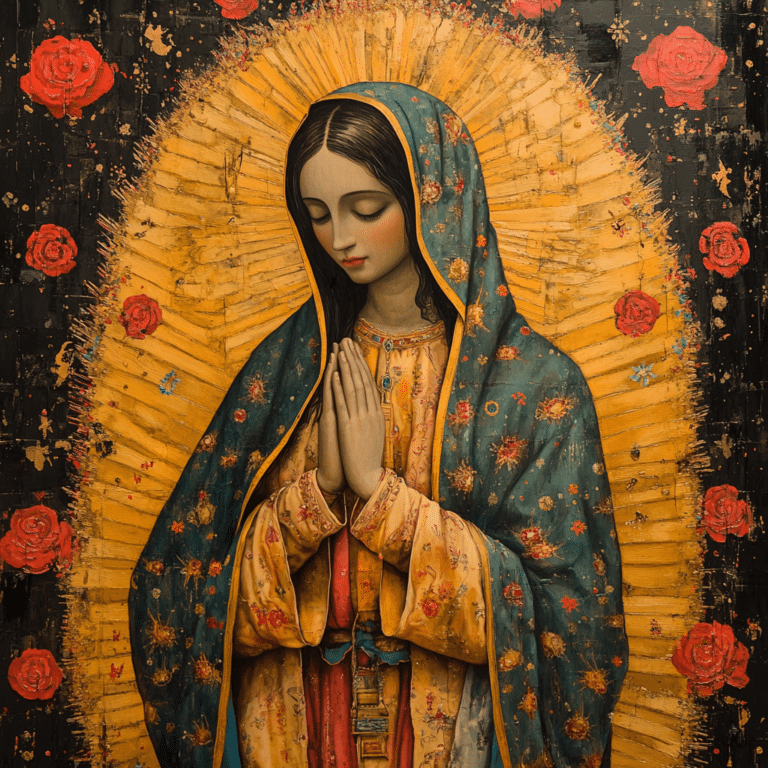In the haunting landscape of Cormac McCarthy’s Blood Meridian, we encounter Judge Holden, a character so intricately woven into the fabric of the narrative that he transcends mere villainy. Judge Holden is often seen not just as a figure of evil but as a complex symbol of chaos, violence, and philosophical nihilism. Through this exploration, we unravel the mysteries surrounding this grandiose beast, diving into the depths of his character and the cultural impact ignited by his existence in one of literature’s most disturbing masterpieces.
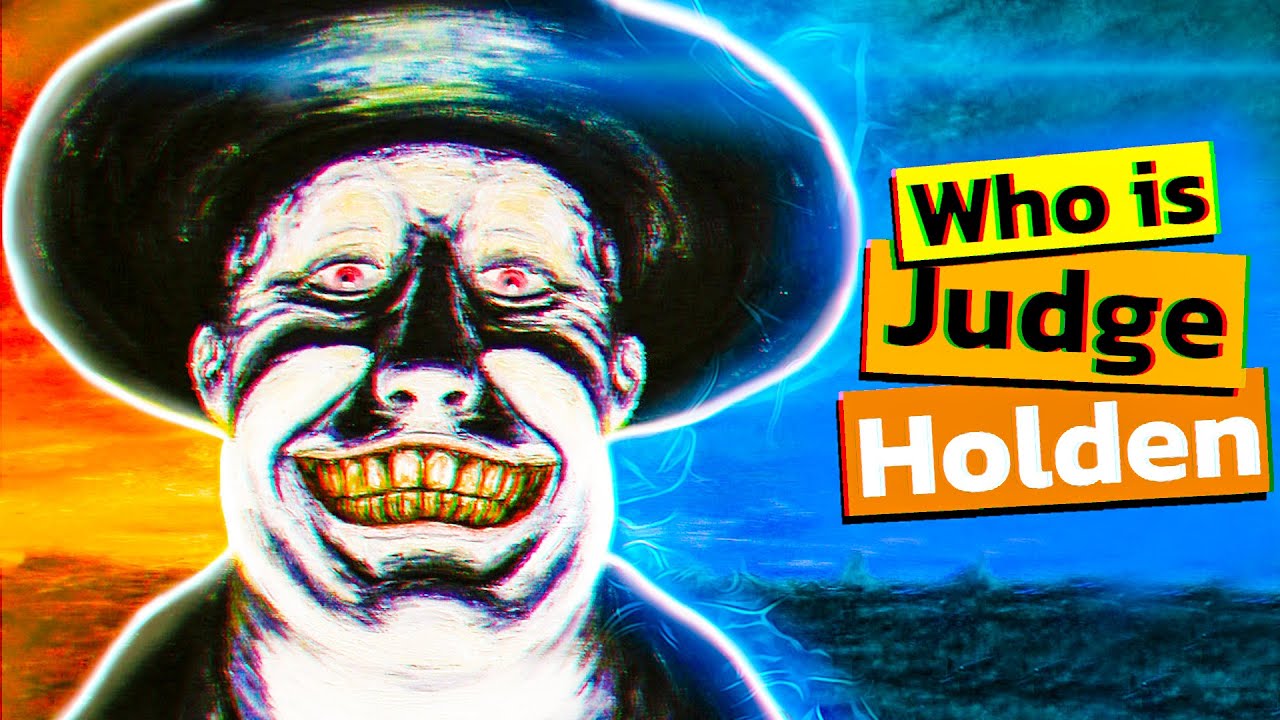
Understanding Judge Holden: A Symbol of Absolute Evil
Judge Holden is more than just a character; he’s a symbol of absolute evil, challenging readers and scholars to engage deeply with his enigmatic persona. The very metal of his character is forged from the fires of violence and power, transforming our understanding of morality itself. Considering quotes like, “War was always here,” and “The man who believes that the secrets of the world are forever hidden lives in mystery and fear,” we glimpse McCarthy’s intention to present Holden not merely as a human but as a force representing the darker corners of the human psyche.
Holden’s character is rooted in the historical fabric of America, where his role reflects a brutal legacy of violence. As a frequent companion to the Glanton gang, he doesn’t shy away from chaos but embraces it as a part of life’s journey. Exploring Holden’s nature feels like wandering through a dark alley where shadows tell stories but offer no answers.
The literary analysis even extends to interpretations of Holden as a gnostic archon — a kind of demon, illustrating just how deep our understanding of this character can go. Leo Daugherty’s essay, “Gravers False and True: Blood Meridian as Gnostic Tragedy,” sheds light on the philosophical implications of Holden’s character, suggesting he embodies ideals that challenge perception and morality in a world fraught with darkness.

Top 5 Distinctive Traits of Judge Holden
The character of Judge Holden is defined by a unique array of traits that contribute to his sinister yet magnetic persona. Here are the top five characteristics that make him a profound figure in American literature:
Judge Holden is not just a brute; he is an intellectual titan. His philosophical discourses create a stark contrast with the morally ambiguous decisions of the other characters. As he articulates complex ideas about fate and power, it draws others into his orbit, marrying knowledge with malevolence.
Holden’s imposing presence, with his near-giant stature and pale skin, showcases a peculiar aura that almost feels otherworldly. This terrifying image amplifies his supernatural qualities. Most readers interpret him as the embodiment of evil itself, creating a fascinating yet unsettling relationship with the natural world.
Holden’s capacity to manipulate those around him aligns with the psychological theories around charismatic leaders and cult figures. As he interacts with the Glanton gang, it reveals a perilous predator-prey dynamic. He lures individuals into a morally ambiguous realm, using his charisma as a weapon.
Holden embodies the violence that has simmered beneath America’s foundation. His role serves as a mirror, reflecting the darker side of human nature and stirring conversations that delve into the historical context of westward expansion, making him vital for understanding America’s violent past.
The resonance of Judge Holden ripples through the literary landscape. His character’s echoes can be felt in contemporary media, like in No Country for Old Men, where Anton Chigurh stands as a similar force of relentless evil. This invites thought about morality that continues to hold its ground in the 21st century.
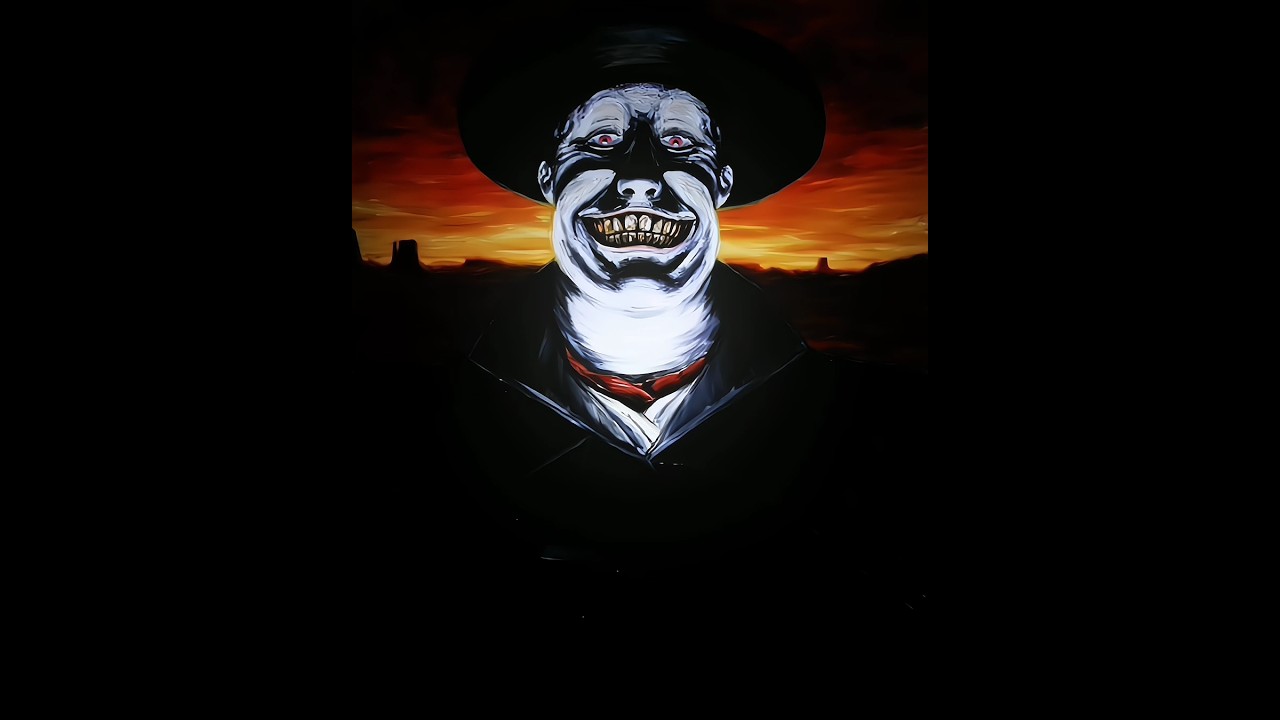
The Duality of Judge Holden: Philosophy vs. Reality
Judge Holden presents us with a perplexing look at duality in human nature. On one hand, he elaborates theories of chaos and control, promoting the idea that violence is an inherent part of the human experience. On the other hand, his very actions contradict the morals he preaches. This schism between philosophical rhetoric and brutal reality invites countless philosophical inquiries and societal critiques.
Consider how Holden says, “He will never die.” It’s as if McCarthy captures the essence of war itself, where the stakes intertwine with both authority and chaos. The narrative forces a confrontation with violent truths, encouraging readers to grapple with the uneasy reflections of their own lives.
Therefore, wrestling with the philosophies of Judge Holden yields rich discussions. They reveal not only the complexities inherent in his character but also expose the stark realities of chaos lurking in the shadows of our own world.
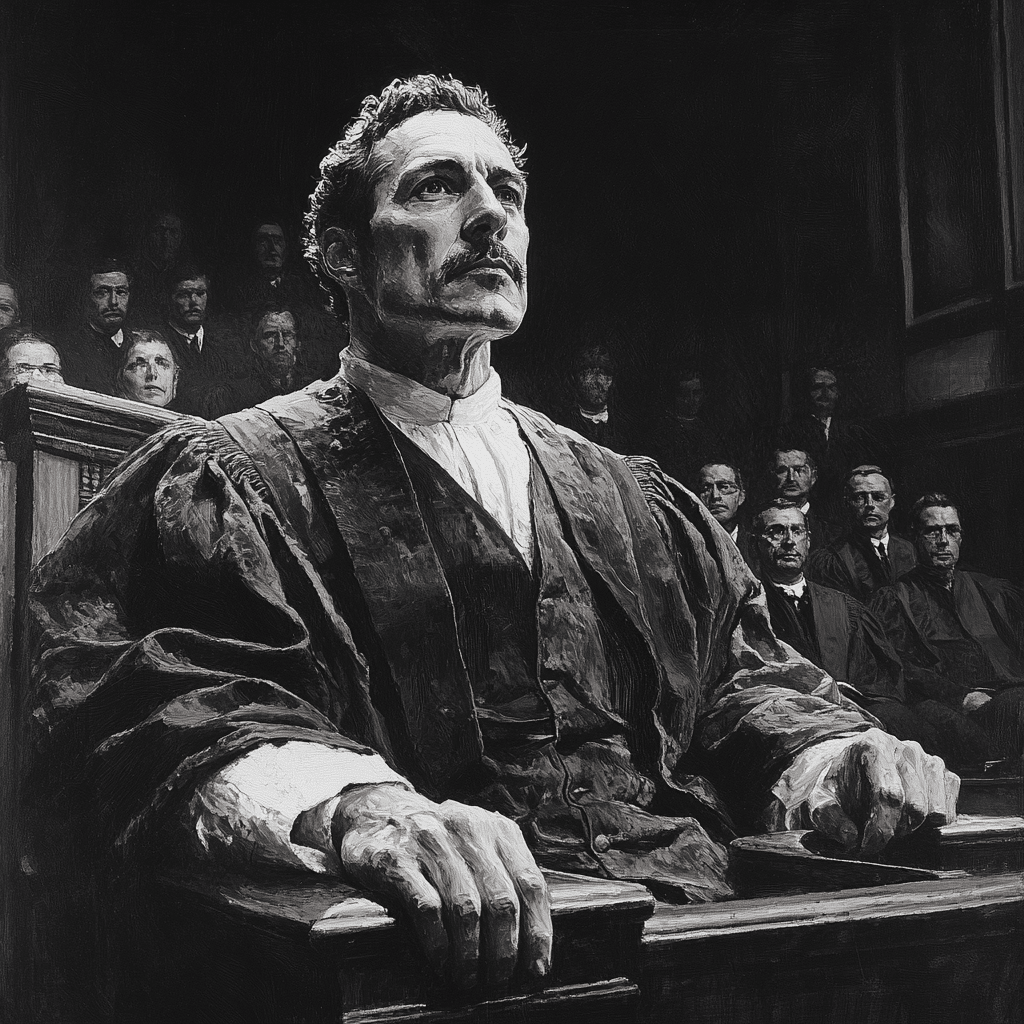
Cultural Impact and Interpretations of Judge Holden
Since the release of Blood Meridian, interpretations of Judge Holden have erupted across various media. His chilling character has sparked essays, lectures, and even cinematic portrayals, showcasing his role as a harbinger of moral ambiguity. The way Holden resonates today taps into broader discussions about nihilism, cultural critique, and violence.
Moreover, critics and audiences link Holden to gothic literature themes, dissecting the nature of evil. It’s intriguing to see how a character who seems so trapped in the past continues to incarnate in modern discussions about what it means to be human today.
In various adaptations, there’s often a cycle of challenging and reevaluating Holden. Contemporary creators find new depths in McCarthy’s words, allowing the judge to permeate our cultural consciousness. His character’s placement in discussions about literary and philosophical realms extends well beyond Blood Meridian itself, hinting at the inevitability of confronting one’s own moral dilemmas.

The Legacy of Judge Holden: An Inevitable Conversation
Despite being a fictional creation, Judge Holden’s legacy pulls us back into conversations surrounding the nature of evil and humanity. Critics, scholars, and casual readers alike remain inexorably drawn to dissecting the enigmatic figure, discovering interpretations that often reflect personal philosophies and the societal context of the time.
Just like the adventures chronicled in Samuel Chamberlain’s autobiographical account with the Glanton gang, Holden serves as a reminder of the darkness that pulses beneath civilization’s surface. Engaging with this character compels us to confront uncomfortable truths that lie latent in our society.
In conclusion, Judge Holden is more than merely a villain; he serves as a catalyst for exploring the human condition, revealing uncomfortable truths that challenge our understanding of morality. As readers venture into McCarthy’s world, they find themselves grappling not just with the character of Judge Holden, but with the shadows that lie within their own narratives. Ultimately, the mystery surrounding Judge Holden stands as one of literature’s most pivotal components, driving us to question the complexity of our own existence and history.
Judge Holden: The Enigmatic Devil of Blood Meridian
A Mysterious Character
Judge Holden stands out as one of literature’s most perplexing villains. The sheer depth of his cruelty and intellect create a character that leaves readers questioning his motives and origins. Interestingly, the character was potentially inspired by real-life figures, including the infamous globe-trotting adventurer and war criminal, whose tales echo in the wild backdrops of McCarthy’s novel. The brutality depicted can be likened to various art forms, where the emotional discharge is akin to the soulful river flows in Leon Bridges’ music. As the haunting melodies intermingle with the raw emotion of Holden’s exploits, it gives us a vivid, if unsettling, atmosphere to chew on.
Literary Symbolism
Holden is often interpreted as a symbol of pure evil, a devil incarnate whose machinations serve as social commentary. His grand philosophical assertions raise questions about morality and existence, drawing readers deeper into his dark psyche. To explore such themes captured through mediums like film, one might consider works featuring actors such as Diane Neal or Joan Allen, who have masterfully portrayed complex characters in their narratives. In the same vein, his unpredictable presence demands attention, revealing a disquieting challenge to societal norms.
Pop Culture Connections
Fans of darker narratives can spot echoes of Judge Holden throughout cinema and television. His character may even shine through in modern pop culture phenomena like animated series with jujutsu vibes. This fusion of violence and mythos can be reminiscent of gripping storytelling found in popular shows and movies. Furthermore, just as the “Law and Order” cast navigates societal issues through drama, Holden encapsulates the lawlessness of his time. Oddly enough, while we delve into this cultural analysis, there’s a playful irony in the notion that he might even fit into the fabric of events as notable as Super Bowl 48, though no one would cheer for the chaos he brings!
Through these multifaceted lenses, Judge Holden remains a potent figure, offering lessons that resonate far beyond the pages of Blood Meridian and into various artistic expressions. In essence, he encapsulates themes worth pondering—and maybe even scoring a seat for to see the likes of Miko Hughes or Denise Crosby embody similar dark roles.
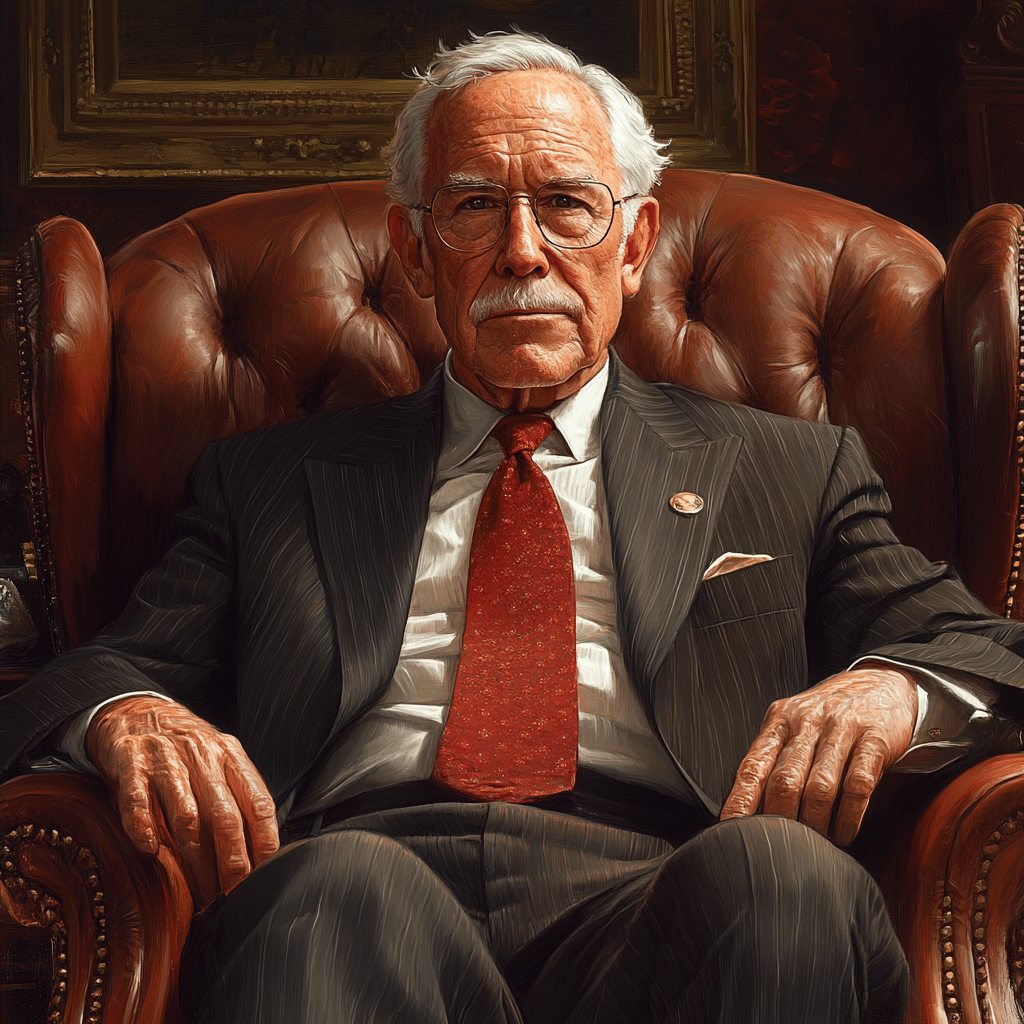
Was Judge Holden based off a real person?
Judge Holden isn’t based on a specific real person, but he’s thought to be inspired by historical figures, particularly Samuel Chamberlain, who wrote about his experiences with outlaws in the 19th century.
What does the judge Holden symbolize?
Holden symbolizes chaos, violence, and the darker aspects of human nature. He embodies a kind of evil and challenges the moral order, representing the randomness of violence in the world.
What is Judge Holden supposed to be?
Judge Holden is typically seen as a devil-like figure or a representation of evil, often interpreted as embodying a gnostic archon—an entity that represents ignorance and perpetual chaos.
What was Judge Holden’s famous quote?
One of his most famous quotes is, “War was always here,” which reflects his belief that conflict is an inherent part of human existence and history.
Why is the Blood Meridian so difficult to read?
Blood Meridian can be tough to read due to its dense prose, graphic violence, and philosophical themes, which can be challenging for readers who aren’t used to McCarthy’s style.
Who is Agent Holden in real life?
Agent Holden isn’t a direct figure from history; he’s more of a fictional or thematic character often discussed in media rather than being based on a real-life individual.
What is the point of the Blood Meridian?
The point of Blood Meridian is to explore the brutal realities of existence, the nature of violence, and the philosophical questions surrounding morality, existence, and human nature.
What did the judge do to the kid in Castlevania?
In Castlevania, the judge’s actions regarding the kid aren’t directly described, but generally, he’s portrayed as a ruthless antagonist, reflecting his grim nature in Blood Meridian.
What does Holden put his head into and why?
Holden famously puts his head into a “dark man,” which could symbolize a quest for knowledge or a confrontation with death, highlighting his obsession with power and control.
Why is Judge Holden pale?
Judge Holden’s pale appearance is often seen as a symbol of his otherworldly nature and his connection to death and violence, emphasizing his enigmatic character.
Is Blood Meridian a true story?
Blood Meridian is not a true story, although it’s based on real historical events and figures from the American West, blending fact and fiction in its narrative.
What exists without my knowledge exists without my consent.?
The phrase “What exists without my knowledge exists without my consent” reflects Holden’s philosophical outlook, suggesting that knowledge and awareness are tied to power and control over one’s environment.
What does Judge Holden symbolize?
Holden symbolizes the depths of human brutality and the inherent chaos of existence, serving as a stark reminder of the darker side of humanity.
Is Judge Holden based on a real person?
There’s no specific real person that Judge Holden is based on, even though he draws from historical figures and themes of the American West.
What does the phrase war is God mean?
The phrase “war is God” encapsulates Holden’s belief that conflict and violence govern existence, suggesting that war is an ultimate force that shapes humanity and reality.



